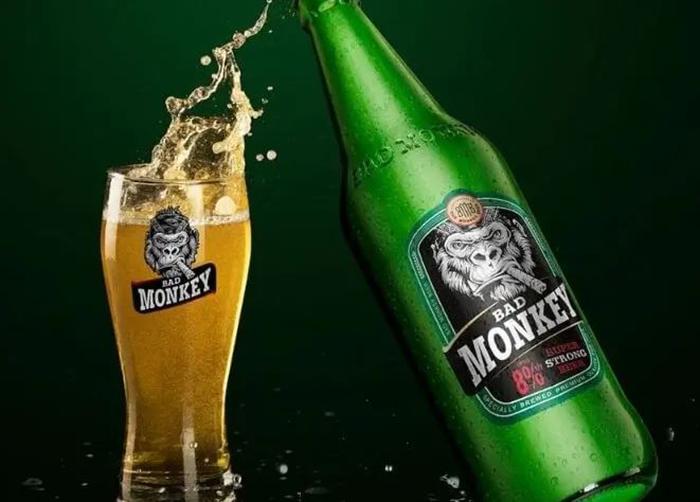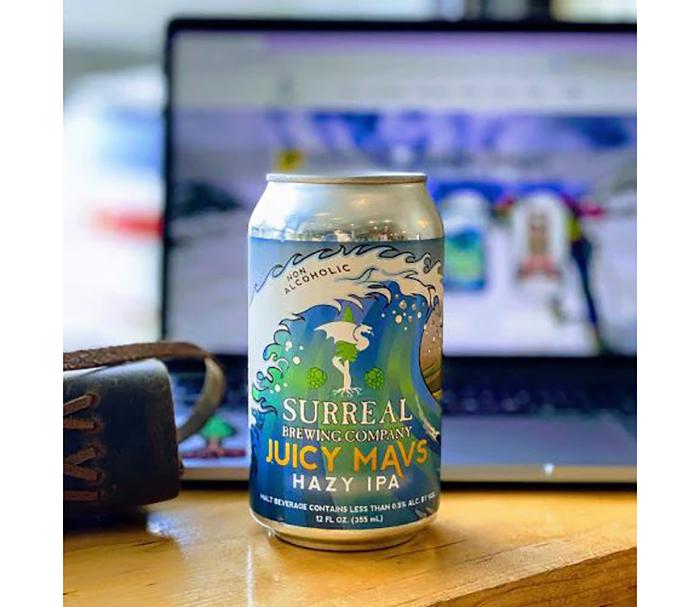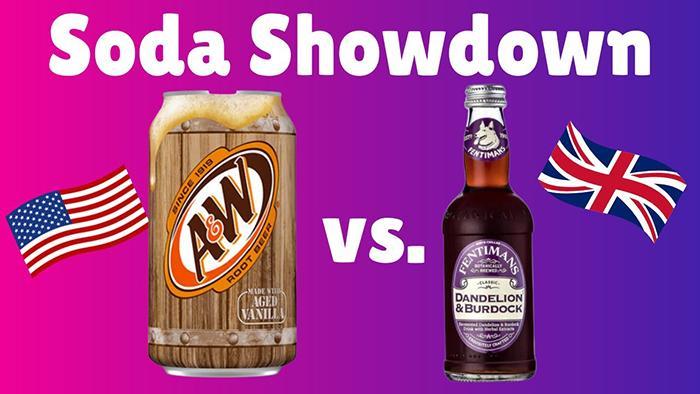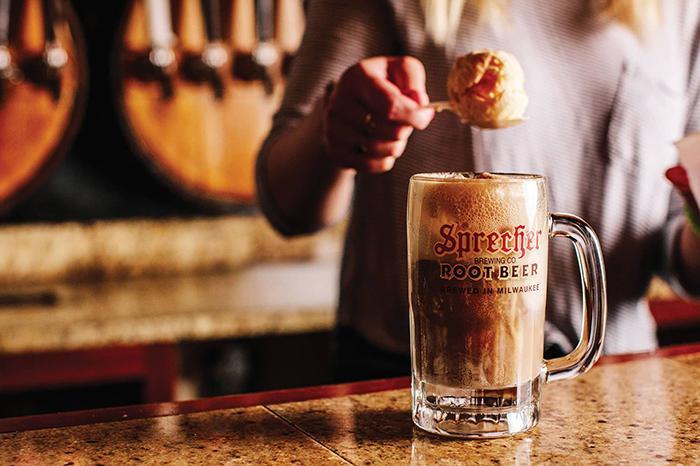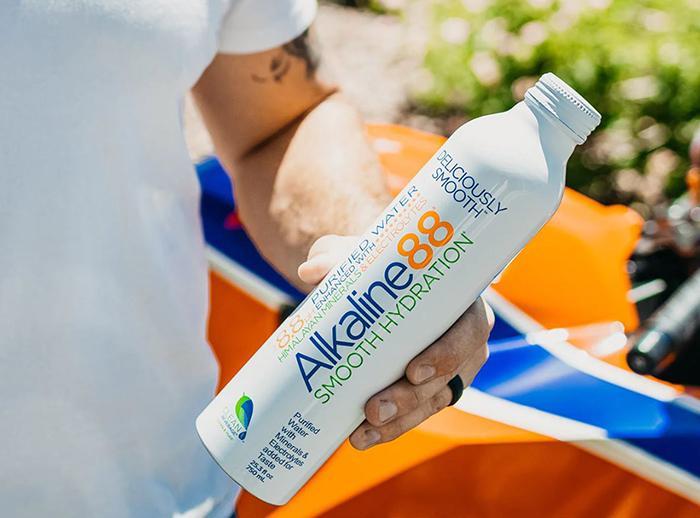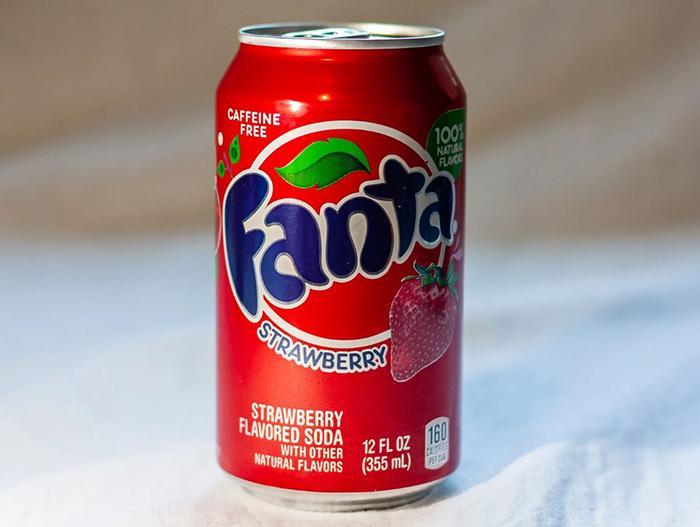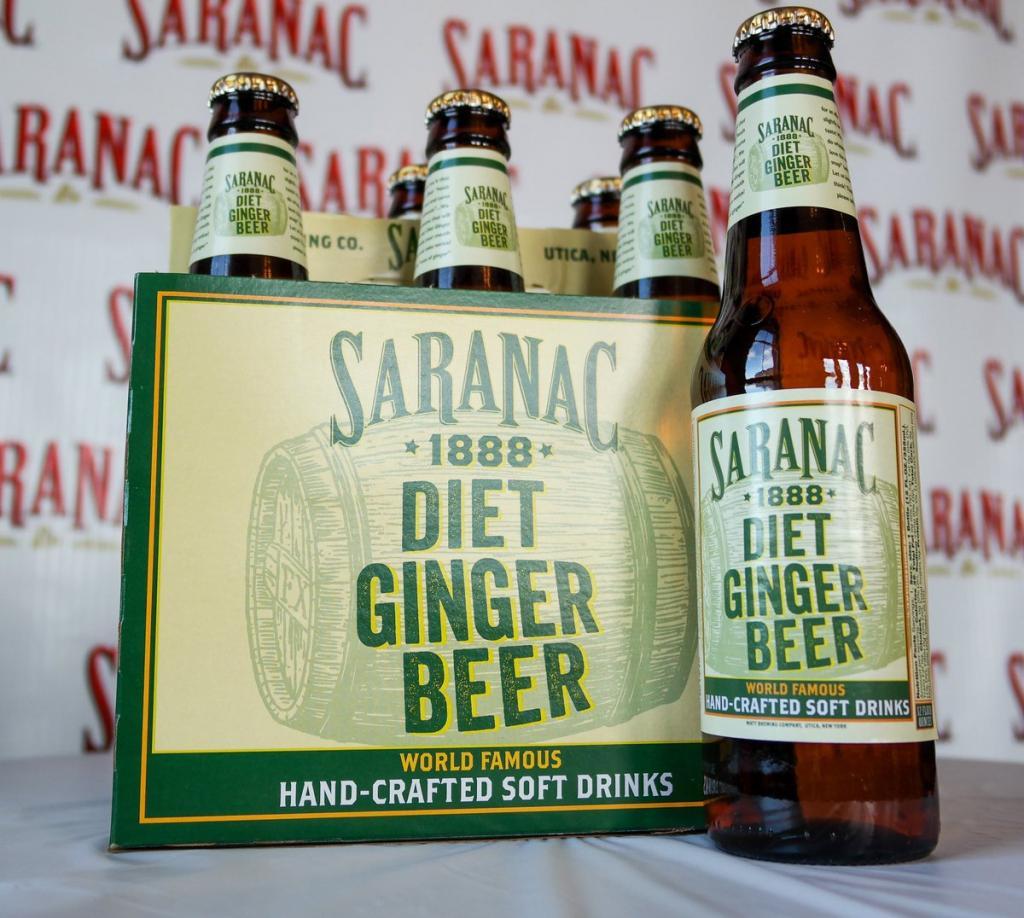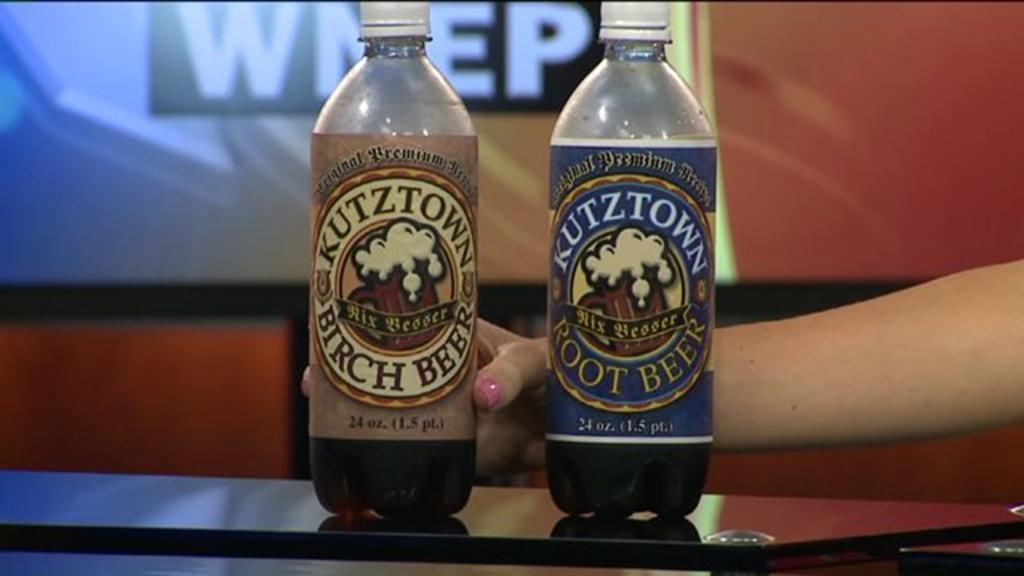Wondering if mixing beer and wine is a good or bad idea? It’s commonly heard that “beer before wine, you’ll feel fine”, but the truth behind this saying may surprise you.
Our comprehensive post dives into the science behind mixing these two popular beverages, uncovering their effects on your body and breaking down myths versus reality.
You Are Watching: Can You Mix Beer And Wine Updated 07/2024
Keep reading to learn how to enjoy your favorite drinks responsibly without regretting it the next day!
Can You Mix Beer and Wine?
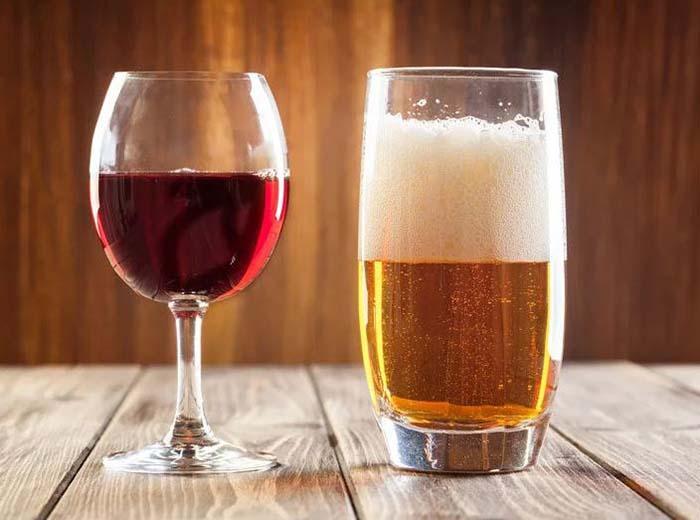
Traditional sayings and beliefs
The world of alcohol consumption is rife with old sayings and traditional beliefs, many dating back centuries. One such adage goes “beer before wine, you’ll be fine; wine before beer, you’re in the clear.” The idea behind this saying lies in the supposed effects it has on one’s state of intoxication and hangover experience.
It suggests that starting with lower-alcohol-content beverages like beer, then progressing to stronger ones such as wine leads to milder after-effects.
This belief is not backed by scientific evidence but seems to hold sway due to sociocultural habits over time. Interestingly there are variations across different cultures too – some believe in the opposite order.
Then we have blends or hybrids, where brewers artfully meld beer and grapes into a single brew—a testament that mixing beer and wine has been an age-old practice. Despite these sayings often being taken as gospel truth by many drinkers worldwide, they remain essentially unproven theories rooted more in folklore than fact.
Scientific evidence and studies
Science has thoroughly explored the effects of mixing beer and wine, providing valuable insights for those contemplating this combination. While there is a popular saying, “beer before wine and you’ll feel fine,” it is essential to note that there are no specific scientific studies validating this saying.
| Study/Evidence | Findings |
|---|---|
| Study on the impact of beer’s carbon dioxide content | Beer contains carbon dioxide, which can accelerate the impact of alcohol on the body. This may lead to a quicker onset of intoxication if beer is consumed before wine. |
| Research on alcohol content and intoxication | The alcohol content in beer and wine varies. Drinking higher alcohol content beverages like some wines can lead to increased intoxication, irrespective of whether beer is involved. |
| Investigation into “beer before wine” saying | The notion that drinking beer before wine reduces hangover or sickness lacks empirical evidence. The saying may be more related to the carbonation in beer rather than any specific interaction between beer and wine. |
| Evidence from historical practices | Mixing beer and wine is a centuries-old practice, with historical evidence of beer and grapes being combined. This suggests that such a combination does not inherently lead to adverse effects. |
| Examination of hybrid beer-wine products | Craft brewers have created hybrid products that combine beer and wine, pointing to the compatibility of these two beverages. |
In conclusion, scientific evidence does not point to a significant risk in mixing beer and wine. Personal tolerance, the type and quality of the beverages, and the quantity consumed appear to play more significant roles in the outcome of mixing beer and wine.
Effects of Mixing Beer and Wine
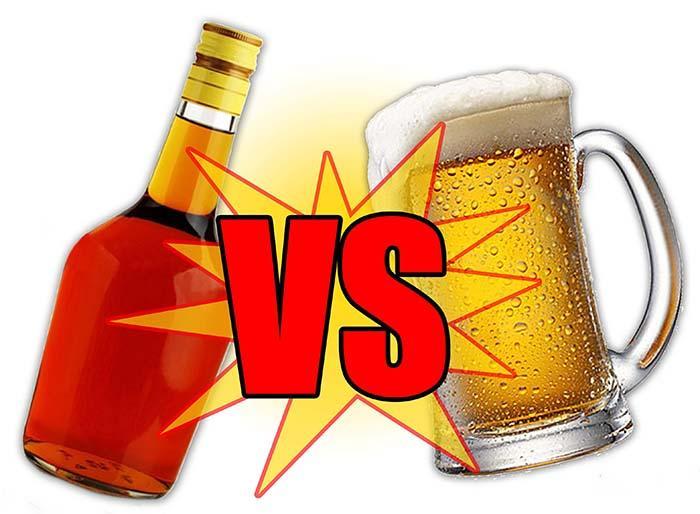
Read More : Can You Drink After Getting A Tattoo Updated 07/2024
Mixing beer and wine can have various effects on the body, including increased alcohol content, potential for more severe hangovers, and possible digestive issues.
Alcohol content and intoxication
Mixing beer and wine can have a significant impact on your alcohol content and level of intoxication. Both beer and wine contain alcohol, which can impair your judgment, coordination, and overall cognitive function.
The alcohol content in each drink can vary depending on the brand and type of beverage. Beer typically ranges from 4% to 8% ABV (alcohol by volume), while wine can range from 12% to 14% ABV or even higher for certain varieties like fortified wines.
When you mix beer and wine, the total alcohol content in your bloodstream increases more rapidly than if you were just consuming one type of alcoholic beverage. This means that mixing drinks can lead to a higher level of intoxication compared to sticking with one option.
It’s crucial to be mindful of how much you consume when mixing beer and wine since it’s easier to lose track of your intake when switching between different beverages. It’s also essential to pace yourself and be aware of how each drink affects you personally as everyone metabolizes alcohol differently.
Additionally, keep in mind that high levels of alcohol consumption can have detrimental effects on both short-term and long-term health. Excessive drinking can increase the risk of liver damage, heart problems, addiction issues, accidents, sleep disturbances, impaired decision-making abilities, and more.
Hangover severity
Mixing beer and wine can have an impact on the severity of hangovers. While it’s not scientifically proven, many individuals report that mixing different types of alcohol, including beer and wine, can lead to more intense hangover symptoms.
The exact reasons for this are unclear, but it could be due to a combination of factors such as higher overall alcohol content, different ingredients in each beverage, and how the body metabolizes them.
It’s important to listen to your body and drink responsibly, pacing yourself and staying hydrated to minimize the chances of experiencing a harsh hangover after mixing beer and wine.
Digestive issues
Mixing beer and wine can potentially lead to digestive issues for some individuals. While not everyone will experience these problems, it’s important to be aware of the potential effects. The combination of beer and wine can increase the overall alcohol content consumed, which may irritate the lining of the stomach and intestines.
This can result in symptoms such as bloating, indigestion, nausea, or even diarrhea.
Furthermore, mixing different types of alcohol like beer and wine may lead to a higher likelihood of experiencing these digestive issues. Different alcoholic beverages contain varying levels of compounds known as congeners, which contribute to their distinct flavors but can also have an impact on digestion.
Read More : Where Is Corona Beer Brewed Updated 07/2024
Additionally, certain individuals may have specific sensitivities or intolerances to ingredients commonly found in either beer or wine.
To minimize the risk of experiencing digestive discomfort when mixing beer and wine, it’s best to listen to your body and know your limits. Drink in moderation and pay attention to how you feel after consuming each type of beverage.
Factors to Consider When Mixing Beer and Wine

Consider your personal tolerance and metabolism, the types of beer and wine you are mixing, as well as the quantity and pacing of your consumption.
Personal tolerance and metabolism
Understanding your personal tolerance for alcohol and how your metabolism processes it is crucial when considering mixing beer and wine. Everyone’s body reacts differently to alcohol, so what may be fine for one person could have a stronger effect on another.
Factors such as age, weight, gender, and overall health can all impact how alcohol is metabolized in the body. It’s important to know your limits and pace yourself accordingly when consuming alcoholic beverages.
By being mindful of these factors, you can make informed decisions about whether or not mixing beer and wine is right for you.
Types of beer and wine
Beer and wine come in a wide range of types, each with its own unique flavors and characteristics. When it comes to beer, there are various styles such as lagers, ales, stouts, and IPAs. These beers can have varying alcohol content levels ranging from light sessionable beers to stronger craft brews.
On the other hand, wines can be categorized into reds, whites, rosés, and sparkling varieties like champagne. Each type of wine has different taste profiles and alcohol content levels. It’s important to consider the specific types of beer and wine you’re mixing when experimenting with combinations or choosing pairings that suit your preferences.
Whether you prefer a crisp lager or a full-bodied red wine, exploring the diverse world of beer and wine is an enjoyable way to discover new flavors.
Conclusion
In conclusion, the debate over mixing beer and wine has both traditional beliefs and scientific evidence. While there is no definitive answer, it seems that mixing beer and wine can be done without negative health effects.
However, it’s important to drink in moderation, listen to your body, and know your limits to ensure a safe and enjoyable experience.
Sources: https://chesbrewco.com
Category: Beer


